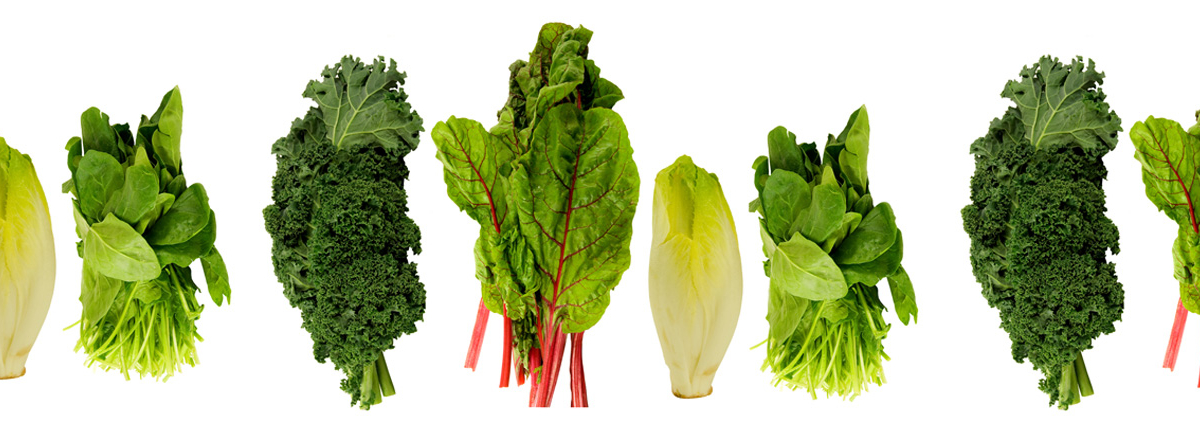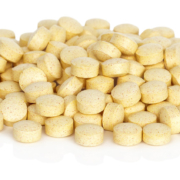Interaction Between Food and Blood Thinners
Blood thinners are the second most common medication that can interact with food and supplements. Blood thinners such as warfarin are used to prevent blood clots in people with atrial fibrillation, artificial heart valves, and deep vein thrombosis.
When a blood thinner is prescribed, people are given a list of foods and supplements to avoid. Top of the list is vitamin K and foods that contain vitamin K such as green leafy vegetables. Herbs such as garlic and ginkgo, supplements that contain vitamin E, coenzyme Q10, and omega-3 fatty acids are also discouraged because they may make the blood thinner. The goal is to optimize the international normalized ratio (INR), a measure of clotting ability. It isn’t that those types of patients have blood that coagulates more than normal; the theory is that keeping vitamin K from interfering with the blood thinner will reduce the probability of clots.
The problem: the recommendations are not supported by definitive research; it’s more a matter of playing it safe based on the theory of what the nutrients will do rather than actually based on science. In a recent review article, the authors concluded: “Restriction of dietary vitamin K intake does not seem to be a valid strategy to improve anticoagulation quality with vitamin K antagonists. It would be, perhaps, more relevant to maintain stable dietary habits, avoiding wide changes in the intake of vitamin K.” I absolutely agree.
What do you do? First, decide what diet you want to eat and supplements you want to take and stick to it. Second, work with your physician to adjust the blood thinner to get the dosage just right to keep your INR within range. Third, if you can’t get it normalized, there may be other factors as yet unknown that are affecting clotting. You’ll have to stick to the common recommendations, science-based or not.
Last chance to become an Insider and listen to tonight’s free conference call and get your health questions answered. You can learn more and join at this link.
What are you prepared to do today?
Dr. Chet
Reference: Medicine (Baltimore). 2016 Mar;95(10):e2895.









